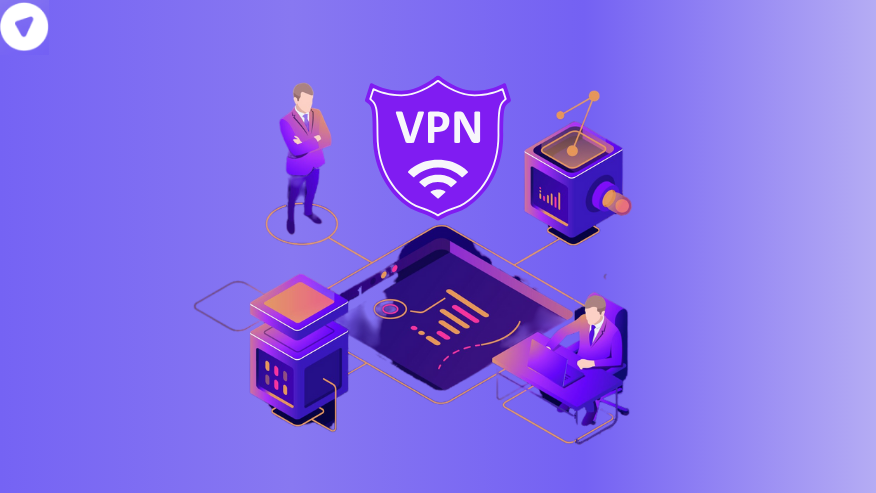Blockchain technology has recently emerged, being revolutionary in its approach toward safe and transparent digital transactions. A VPN, on the other hand, has become one more helpful tool to have to ensure online privacy and security. Now, what happens when these two powerful technologies meet? Read this blog post to learn more about how VPNs can boost security and functionality for blockchain technology.
Basics of Blockchain Technology
In layman’s terms, blockchain is a shared, decentralized ledger through which transactions made on a computer network are recorded. What is entered in it cannot be altered retroactively; therefore, it is said to be an extremely secure and transparent way of recording data. Though it was initially popularized by cryptocurrencies like Bitcoin, the applications of the technology have since then expanded to include smart contracts and supply chain management, among others. Its key features: decentralized, immutable, and transparent, which would make it a powerful solution for varied industries looking to increase the level of trust and efficiency in their operations.
Basics of VPNs
A Virtual Private Network secures your web traffic and shields your IP address, so your online actions are virtually untraceable, which is quite helpful when data breaches and cyber threats are an everyday occurrence. VPNs may be used for personal use, like ensuring the confidentiality of information about a person and geo-locking, and business applications namely secure communication.
The Conjunction of Blockchain and VPNs
In a blockchain system, security is cardinal with the added nuance of privacy. VPN services give this further boost to security through data encryption as well as masking the IP addresses at the different blockchain networks. These protect against hacking, surveillance, and other cyber activities that may make blockchain transactions vulnerable. Further, VPNs ensure that the user is private, so it becomes tough to trace activities in blockchain technology back to the user. For example, a VPN can secure connections to applications on the blockchain so that sensitive information remains safe and overall privacy is boosted.
Benefits of using VPNs in blockchain technology
The integration of VPNs with blockchain technology has some great boons:
- It adds security to the entire process because, with a VPN, the data will be encrypted, thereby ensuring that it is safe from any cyber threats. This is important for protecting sensitive blockchain transactions.
- With VPN, user privacy is guaranteed since IP addresses are hidden, which promotes anonymity during blockchain interactions.
- Users can bypass geographic restrictions and censorship put in place on some networks, meaning one gets unlimited access to all blockchain networks and services around the globe.
Challenges and Considerations
Although VPNs linked with blockchain technology offer many advantages, there are specific challenges with the integration. The possible problem could be performance and speed issues. VPNs can be a bit slow in the execution of internet service, which might not, in turn, provide a very efficient transaction through blockchain. In addition, testing compatibility between various blockchain platforms and VPNs for seamless integration also requires substantial development time. It is also worth mentioning that there exist specific legal and regulatory issues in various regions concerning the usage of VPNs and Blockchains.
Future Trends and Developments
Improvements that continually occur in both these technologies are even further improved and sophisticated security features, along with user privacy. New trends like quantum-resistant encryption and decentralized VPNs will change online security, including transactions related to blockchain technology. Further, as blockchain is being adopted in very many other application areas, it is likely to be influential in innovating VPN technology towards more reliable and efficient ways of securing digital assets and personal data.
Conclusion
VPNs are another new member of the blockchain security enhancement family since they provide data encryption and protect the user’s identity, ensuring that transactions are kept private and secure. Their integration is most likely expected to become seamless and, therefore, even more effective with the advancement of these technologies. The White Label Reseller Program is one of the most robust at PureVPN, giving you a chance to deliver top-tier VPN solutions that cater to your own needs.


